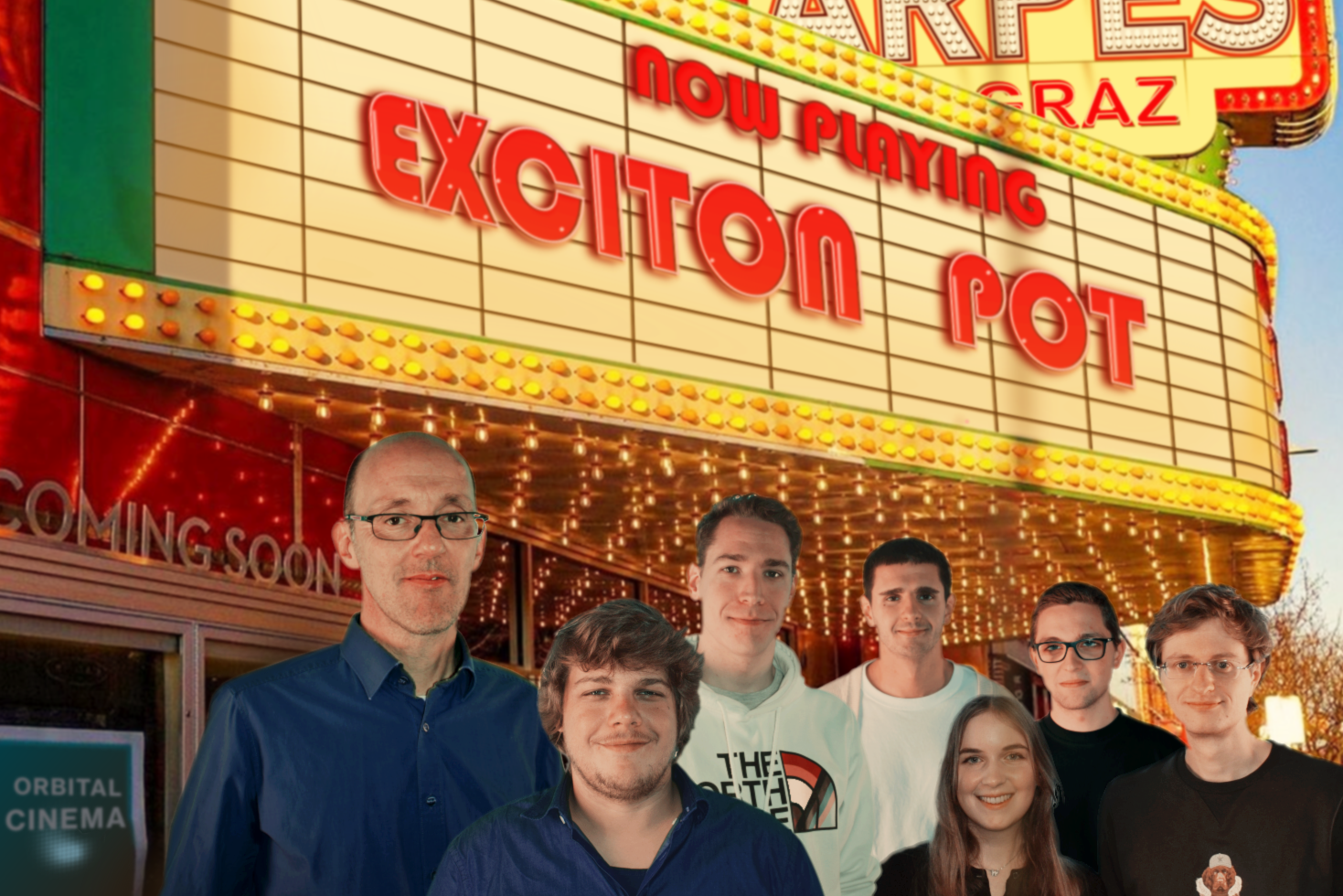The quantum properties of electrons in molecules are described by so-called orbitals. In an international collaboration with Peter Puschnig from the University of Graz, as well as three other German research groups from Marburg, Regensburg and Jülich, these orbitals will not only become visible, but their changes will even be measured in slow motion. For this project, the European Union awarded them with its highest research grant: an ERC-synergy project that has recently started.
The idea for “Orbital Cinema” is based on a method for characterizing orbitals that was largely developed in Graz: photoemission orbital tomography (https://en.wikipedia.org/wiki/Photoemission_orbital_tomography ). Electrons are removed from a sample by irradiation with ultraviolet light and their angular and energy distribution is measured. From this data, theoretical calculations can then be used to deduce the underlying orbitals and thus the quantum properties of molecules. In the “Orbital Cinema” project that has now started, this method will also be expanded to the time domain. This also makes changes in the orbitals visible, such as those that occur when excited by strong electric fields or during chemical reactions on surfaces. In particular, the technology for which the 2023 Nobel Prize in Physics has been awarded will be used: ultra-short light pulses with a temporal resolution down to the attosecond range (a billionth of a billionth of a second).
The Graz “Orbital Cinema” team led by Peter Puschnig, consisting of doctoral students Nina Kainbacher, Dominik Brandstetter, Siegfried Kaidisch and postdoc Christian Kern, will provide the theoretical foundations. With a publication in the journal Physical Review B, the researchers made a successful start to the project and were able to lay an important foundation for their further plans. Optical excitations of molecules are theoretically described by correlated electron-hole pairs, so-called excitons. Such quasiparticles are particularly important for understanding the fundamental processes in solar cells or light-emitting diodes, but their description using orbital tomography has not yet been possible. This gap has now been closed with the current work, which represents an important step for the planned research on optically excited systems and a successful premiere for “Orbital Cinema”.
Link to publication:
Christian S. Kern, Andreas Windischbacher, and Peter Puschnig, Photoemission orbital tomography for excitons in organic molecules, Physical Review B 108, 085132 (2023). https://doi.org/10.1103/PhysRevB.108.085132
